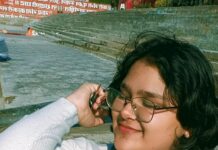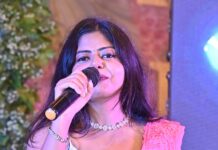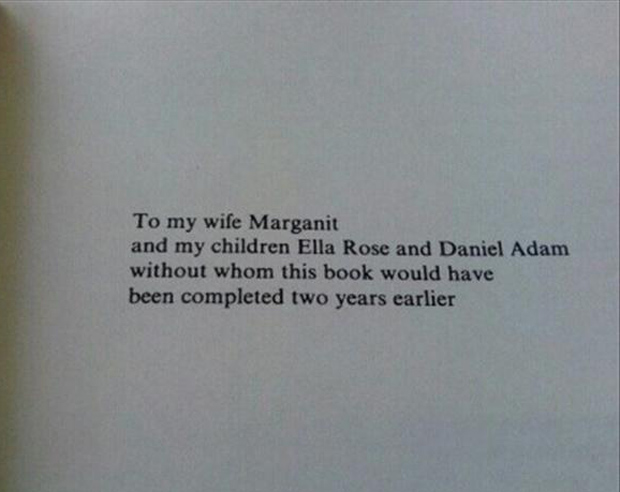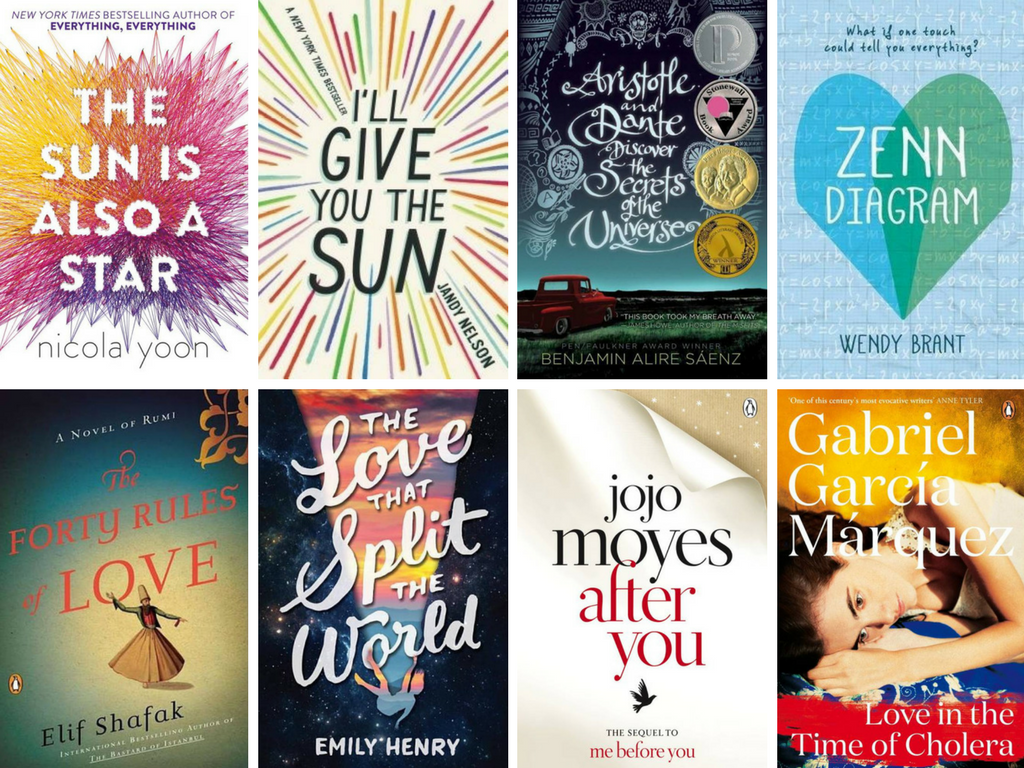- What inspired you to write this story? Was there a particular moment or experience that sparked the idea?
The idea for this story came from my love of everything that is horror. I’ve always been drawn to the unknown, the feeling that there’s more to a place than what we can see. Any road you walk, any house you pass by, could have a dark history, and you’d never even know. That thought has always fascinated me.
I also travel a lot, and sometimes I come across places that just feel off. It always makes me wonder, what if someone got stuck in a place like that? Not physically, but in a way they couldn’t explain. What if something was keeping them there, forcing them to face something they weren’t ready for?
That question is what sparked the idea for me.
2. You found your passion for storytelling during the pandemic. How did that period influence your creative process?
I started writing at that point as an escape when everything around me slowed down. The world felt strange, empty, almost not real, like time itself had paused. The empty roads, parks, and buildings with no people anywhere made it seem like the whole world was abandoned and haunted.
That silence gave me the space to think and, more importantly, to create.I began with a few short stories, and before I knew it, those stories grew into novellas and eventually led me to my first novel.
3. Devgan is described as a forsaken village with a tragic history. How did you create such an atmospheric and eerie setting?
A haunted, abandoned village isn’t anything new in horror, but I wanted Devgan to feel different—to make it my own. It’s not just a place that burned down once—it’s still burning. The fires never went out. That thought stuck with me, what if a place wasn’t just haunted, but trapped, forced to relive its own destruction over and over?
That’s what makes Devgan more than just a haunted place for me. It’s not just cursed but suffering, just like the character of Anshika.
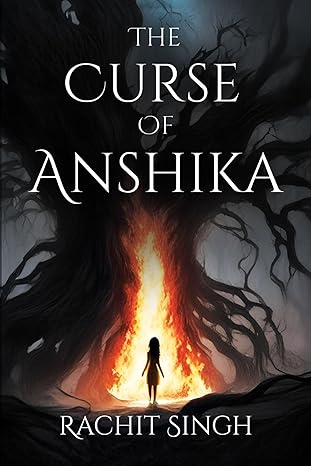
4. The book blends fantasy, horror, and psychological elements. How did you approach weaving these genres together?
I’ve always loved fantasy and horror, so I wanted to write a story where they worked together, complementing each other in a way that felt natural. The idea of giant mythological monsters and the adventure of facing them has always fascinated me in the books I’ve read. But what really pulled me in was the thought of mixing that with horror, turning these creatures into something more than just things to fight.
In my story, the monsters are made of ash and fire, a reflection of Anshika’s death. They don’t just kill; they destroy everything remaining in that area. Just their presence creates dead forests, ashy rivers, and cracked ground. It creates the perfect setting for a horror-filled wasteland, a place that feels truly hopeless.
But horror, for me, isn’t just about what you can see. It’s also about what happens inside your head. One of the most interesting parts of writing this story was exploring insidious whispers—that voice in your mind that keeps filling you with doubt, making you question everything, keeping you stuck.
For Meghna, my protagonist, those whispers aren’t just thoughts. They’re voices that know exactly how to break her, making her believe she’s trapped. And that psychological element really interested me. Like you can run, you can fight monsters, but how do you escape something that lives inside your own mind?
5. How did you develop your writing style? Did you experiment with different approaches before settling on this one?
I’m still figuring out my writing style, but I know I like to keep things fast-paced. Short, impactful sentences that hit hard and keep the story moving, that’s what feels right to me. I’ve played around with different approaches, but in the end, I just want the writing to pull readers in and not let go.
6. Do you have any rituals or habits that help you get into the writing mindset?
I don’t have any strict rituals, but I do need the right atmosphere. I usually write at night because horror just doesn’t hit the same when everything outside is bright. I like when the world is quiet, everyone’s asleep, and I can talk to myself about my book—scenes, characters, dialogues—without distractions. I almost always do my best writing after 3 AM, sometimes with music playing in the background. Nothing with lyrics, just something atmospheric that fits the mood of the scene I’m working on.


